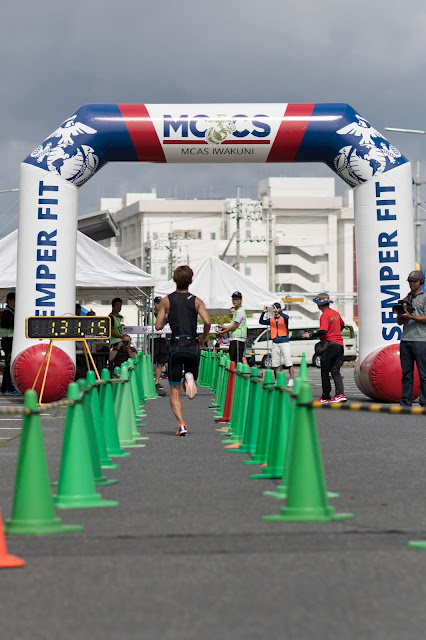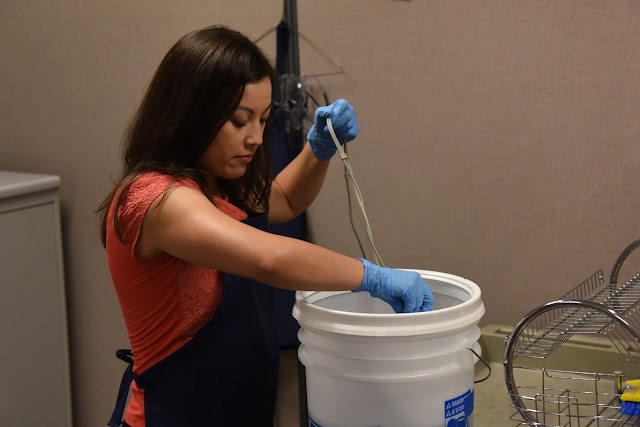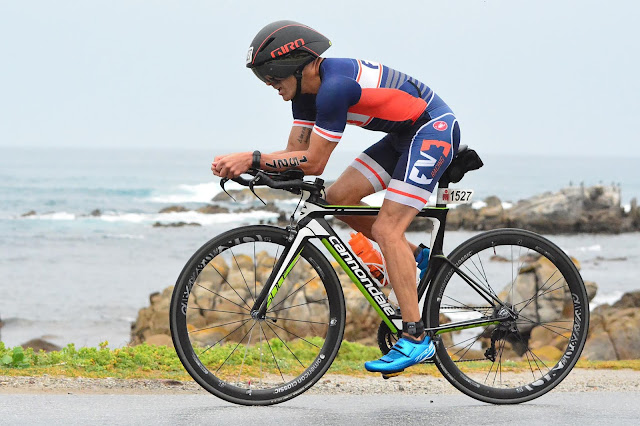MCAS Iwakuni builds bonds through swimming, bicycling, running
Story by Sgt. Joseph Abrego
Marine Corps Air Station Iwakuni
Marine Corps Air Station Iwakuni’s gates opened to Japanese locals who participated with service members in the 31st MCAS Iwakuni Triathlon at MCAS Iwakuni, Japan, Sept. 16, 2018.
The triathlon afforded Japanese athletes and MCAS Iwakuni personnel an opportunity to compete at a higher level while enjoying a physical activity that transcends the boundaries of language and culture, providing a positive experience for all parties.
“Events like this build morale, allows participants to test their fitness and provides us the opportunity to build a relationship with the local Japanese community,” said Woneata Stallworth, the assistant athletic director with Marine Corps Community Services.
The triathlon drew in 164 participants who competed for various reasons, not including the many others who volunteered to help, spectate and encourage participants throughout the race.
“I’ve been a lifeguard for many triathlons back home and seeing so many people from different walks of life has made it easy to put competing in one on my bucket list,” said U.S. Marine Corps Lance Cpl. Brady Benjamin, a military police officer with the Provost Marshal’s Office. “It challenged me physically and mentally. I enjoyed shaping my body for this event because it required going outside of my comfort box, which is very important to me.”
For many participants, the triathlon was not only an opportunity to compete and test their physical fitness, it was also a chance to compete against people from a different country.
Stallworth said the male with the overall fastest time was Yuta Kikuchi, who came in at 1:30:45. She also mentioned that the female with the overall fastest time was Maj. Courtney O’Brien, operations officer with Marine Aerial Refueler Transport Squadron (VMGR) 152, who came in at 1:42:24.
While some came for the competitiveness of the sport, others participated to experience the bond between two different cultures.
“There was a mix of emotions coming from the Japanese,” said Benjamin. “Some were very focused and ready to start while others were talking, laughing and having a great time. They were the ones who created a lighter environment.” Video: https://youtu.be/EbYfqAamQQc




Comments
Post a Comment